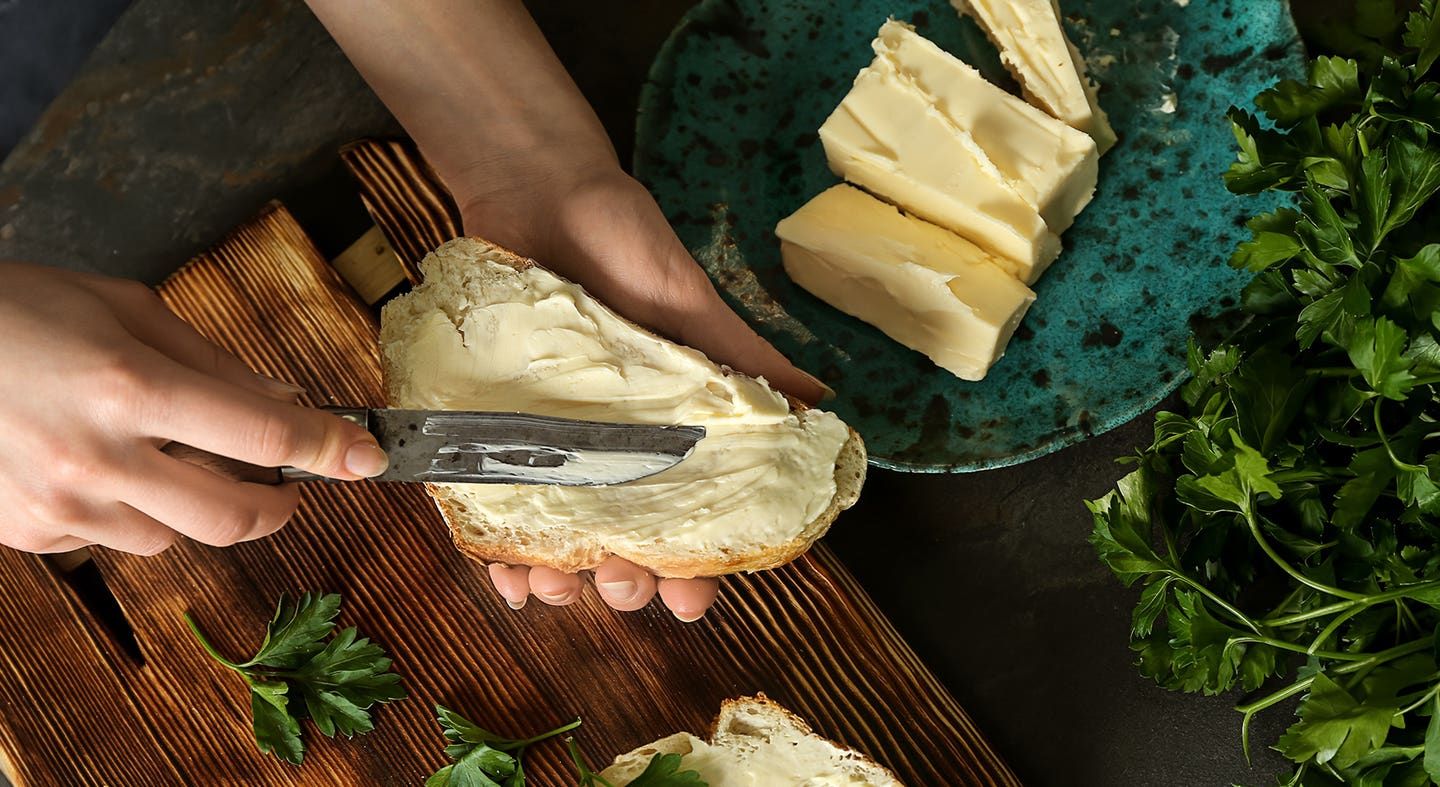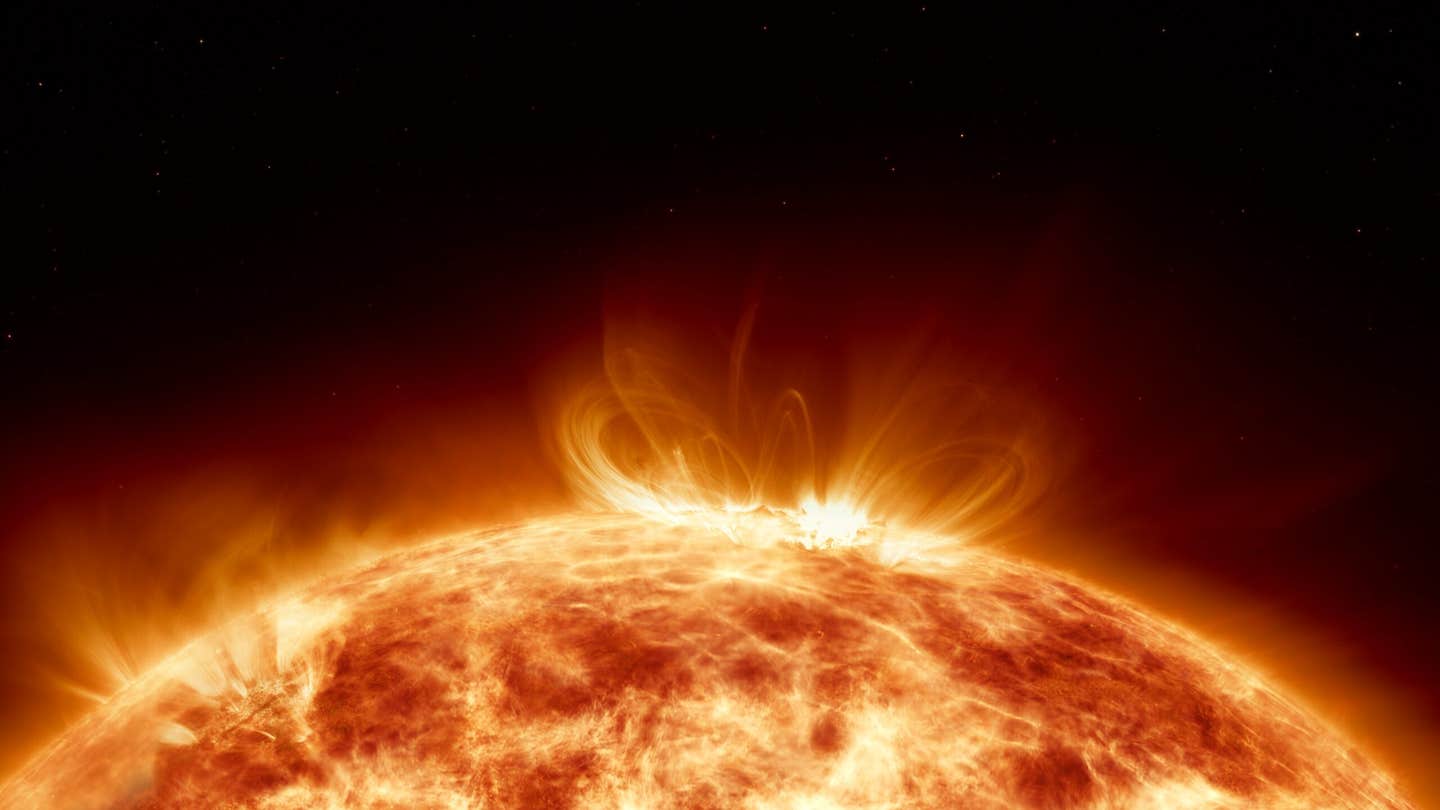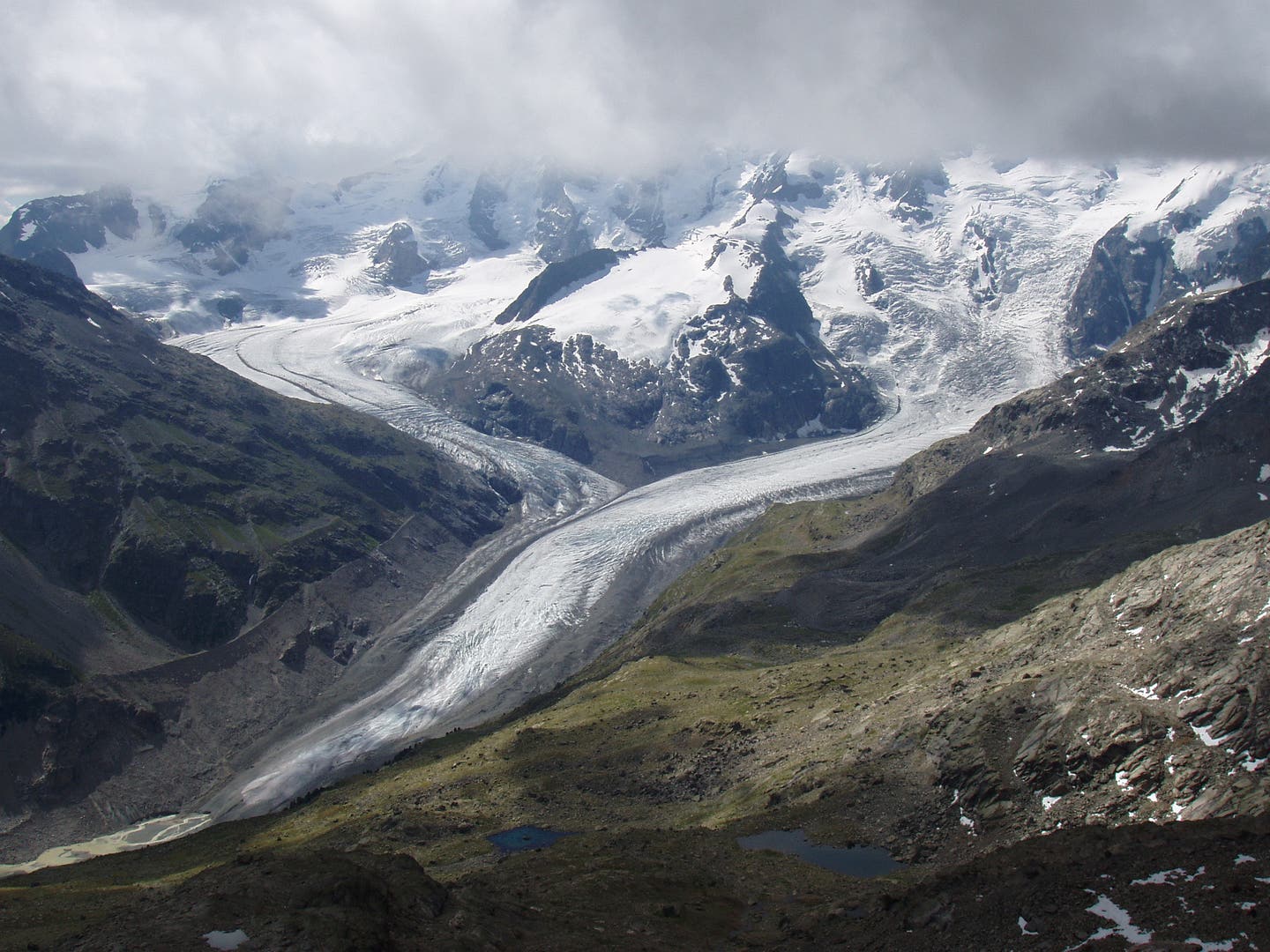Start-up company produces butter from carbon dioxide instead of animal fat
According to the company, the process starts with a carbon source, like carbon dioxide pulled from the air.

Consider this: fossil fuels are sources of energy, and humans need energy from food. So why rely on cows and potatoes? (CREDIT: Creative Commons)
“Can’t we just eat the fossil fuels?” Ian McKay, founder of the California start-up Savor, had been asking this question for a while. Initially, his answer was what most of us would think: “Ian, that is a terrible idea.”
But is it really so outlandish? Consider this: fossil fuels are sources of energy, and humans need energy from food. So why rely on cows and potatoes?
Fast forward a few years, and Savor is now producing butter from carbon dioxide instead of animal fat. According to the company, the process starts with a carbon source, like carbon dioxide pulled from the air. They then use a bit of heat and hydrogen to form chains, which are blended with oxygen to create the fats and oils we know and love.
A team of researchers, including Alexander, published a report in the journal Nature Sustainability, exploring food production without agriculture. They suggest this technique could significantly reduce the environmental footprint of food systems.
As described in the paper, a major difference between synthetic and agricultural foods is land use. Currently, we clear land for pasture and crops, releasing large amounts of stored carbon. Humans have converted about 50% of the planet's habitable land for agriculture, which has already increased global temperatures by 1-2 °C. This land conversion and its use significantly impact the planet.
By creating butter from carbon rather than emitting it, Savor hopes to achieve dual benefits. According to the study, the synthetic fat's carbon footprint is less than 0.8 grams of CO2 equivalent per calorie. In contrast, real unsalted butter with 80% fat produces 2.4 grams of CO2 equivalent per calorie.
Synthetic foods that don't require agriculture could also free up land for conservation and carbon storage. Savor claims their thermochemical process uses less than one-thousandth of the water needed in traditional agriculture.
The idea that shifting from eating animals and plants to eating products derived from fossil fuels could enable the reclamation of large amounts of land, allowing for significant atmospheric carbon sequestration, is powerful.
Next on Savor's research recipe list are fake fat substitutes for palm oil and coconut oil.
For Ian and the team at Savor, success is measured in the concentration of atmospheric greenhouse gases and hectares of diverse ecosystems preserved or restored, and that work is only just beginning.
Note: Materials provided above by the The Brighter Side of News. Content may be edited for style and length.
Like these kind of feel good stories? Get the Brighter Side of News' newsletter.



